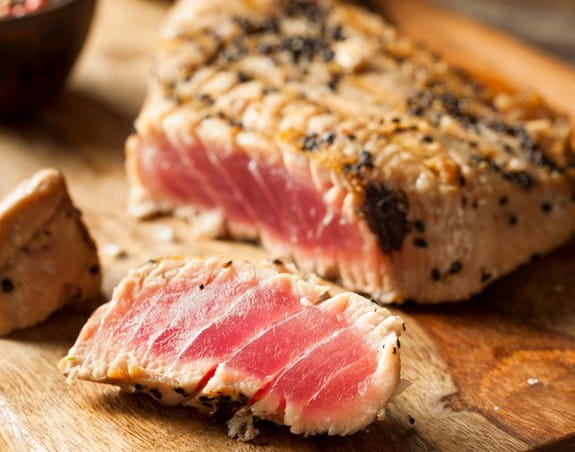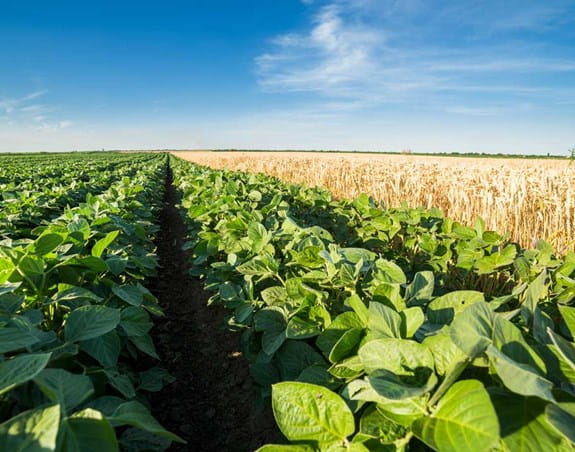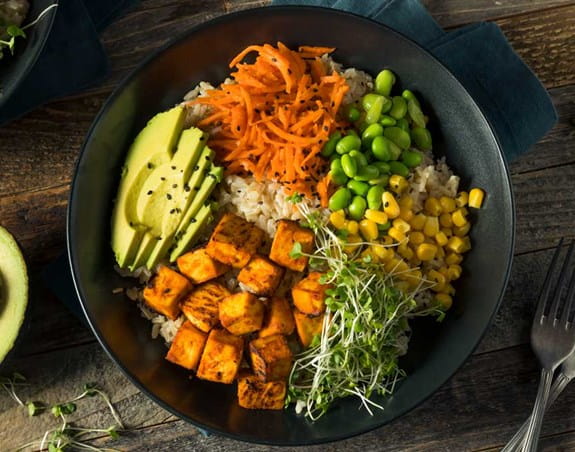Eating well extras to consider
What are vitamin and mineral supplements?
Should I take a vitamin or mineral supplement to reduce my risk of cancer?
The best way to get the vitamins and minerals you need is by eating a variety of healthy foods every day. This includes vegetables, fruit, whole grains and protein foods. We do not recommend that you take vitamin or mineral supplements to reduce your risk of cancer.
Research shows that eating a healthy diet is an important part of reducing your cancer risk, but there is limited evidence that getting your nutrients from supplements lowers your risk of cancer. It may not be the vitamins and minerals alone that help protect against cancer. It may be the special forms of vitamins and minerals in foods or their combination with other substances in foods that lead to reduced cancer risk.
Many people safely take vitamin and mineral supplements every day, but taking any vitamin or mineral in large amounts can be toxic and harmful to your health. Taking too much of some types of vitamins or minerals, such as beta carotene, vitamin A and vitamin E, may increase the risk of some cancers.
Talk to a healthcare provider before taking any vitamin or mineral supplements.
What about vitamin D?
Vitamin D is needed for healthy bones and muscles, especially in children and older adults.
Your body makes vitamin D when your skin is exposed to ultraviolet (UV) rays from sunlight, but sun exposure increases your risk of skin cancer. It is safer to get vitamin D from the foods you eat or by taking a vitamin supplement. Vitamin D can be found in small amounts in only a few foods, including egg yolks and fatty fish such as herring, mackerel, sardines and tuna. Vitamin D is also added to some dairy products, juices and cereals. These are labelled as “fortified with vitamin D.”

Vitamin D and cancer
There is incomplete evidence to recommend taking a vitamin D supplement to reduce your risk of cancer. While some research suggests that vitamin D may reduce the risk of some types of cancer, other research has not shown a link. Researchers continue to study the relationship between vitamin D and cancer.
How to get enough vitamin D
People living in Canada don't get the amount of sun they need to produce enough vitamin D, especially during the fall and winter months. Taking a supplement that contains vitamin D can help you meet your daily needs for this nutrient. Talk to your healthcare provider about whether you should take a supplement containing vitamin D and how much.
You should continue to eat foods that contain vitamin D and practise sun safety every day.
Antioxidants and phytochemicals
Antioxidants are substances found naturally in many foods, especially vegetables and fruit. Certain vitamins and minerals are antioxidants. These include:
- vitamin A
- vitamin C
- vitamin E
- selenium
Phytochemicals are natural compounds found in plants. All vegetables and fruit and many grains contain phytochemicals, which contribute to their colour, taste and smell. Some phytochemicals act like antioxidants. Some types of phytochemicals are:
- carotenoids (beta carotene, lycopene and lutein)
- flavonoids
- indoles
- isoflavones
Antioxidants protect the body’s cells and tissues from free radicals, which are made when our bodies use oxygen. Free radicals can damage cells, which may lead to cancer. Antioxidants are thought to help protect cells by removing free radicals before they cause damage.
Phytochemicals may help reduce the risk of cancer, but there is still a lot to learn about the activity of phytochemicals and their protective effects.
The best way to benefit from different antioxidants and phytochemicals is to eat a variety of vegetables, fruit and whole grains each day.
Can coffee and tea protect against cancer?
Coffee and tea are a daily pleasure for many of us. We need more research to understand if drinking them reduces the risk of cancer.

Coffee
Some research suggests that drinking caffeinated or decaffeinated coffee may help protect against uterine and liver cancer.
Tea
Herbal tea
Herbal teas are made up of a combination of different flowers, herbs and spices. Herbal teas do not have the same antioxidant benefits as green or black tea but drinking them can help you stay hydrated.
Hot beverage tip
Drinking very hot beverages might increase your cancer risk. Make sure that your hot drinks are at a temperature below 65°C. Let your coffee or tea cool down for a few minutes before taking a sip.
What are genetically modified foods (GMOs)?
Genetically modified foods (sometimes called genetically modified organisms or GMOs) are foods that are changed by altering or adding genes in plants. Crops can be genetically modified to add taste and nutrition and make them easier to grow.

Are GMOs safe?
GMOs are safe to eat in Canada. Health Canada inspects new genetically modified foods before they’re approved for sale in stores to make sure that they are safe and nutritious. A GMO product is only approved when all of Health Canada’s safety standards are met. Once they’re released on the market, the Canadian Food Inspection Agency monitors them for safety.
GMOs and cancer
There is no reliable evidence that GMOs cause cancer.
What does “organic” mean?
Is organic better?
Organic foods are grown and processed differently than non-organic foods. People may choose organic foods because they believe that they are healthier and safer. There is not enough research to confirm this.
People often choose organic foods because they are concerned about the use of pesticides and the environment. Pollutants may be found on both organic and non-organic foods, so all vegetables and fruit should be washed well.
Is a vegetarian diet healthy?
Vegetarian diets usually don’t include meat, chicken and fish. Some vegetarians choose to eat eggs and dairy products, while some don’t eat these foods. If you’re choosing a vegetarian diet, it’s important to know how to replace meat with nutritious alternatives like soy, legumes, nuts and seeds.
A well-planned vegetarian diet tends to be healthy because it’s low in saturated fat and high in fibre and includes a variety of vegetables and fruit. But diets that include lean white meat and fish, and red meat in small amounts, can also be healthy.

Your trusted source for accurate cancer information
With support from readers like you, we can continue to provide the highest quality cancer information for over 100 types of cancer.
We’re here to ensure easy access to accurate cancer information for you and the millions of people who visit this website every year. But we can’t do it alone.
Every donation helps fund reliable cancer information, compassionate support services and the most promising research. Please give today because every contribution counts. Thank you.
